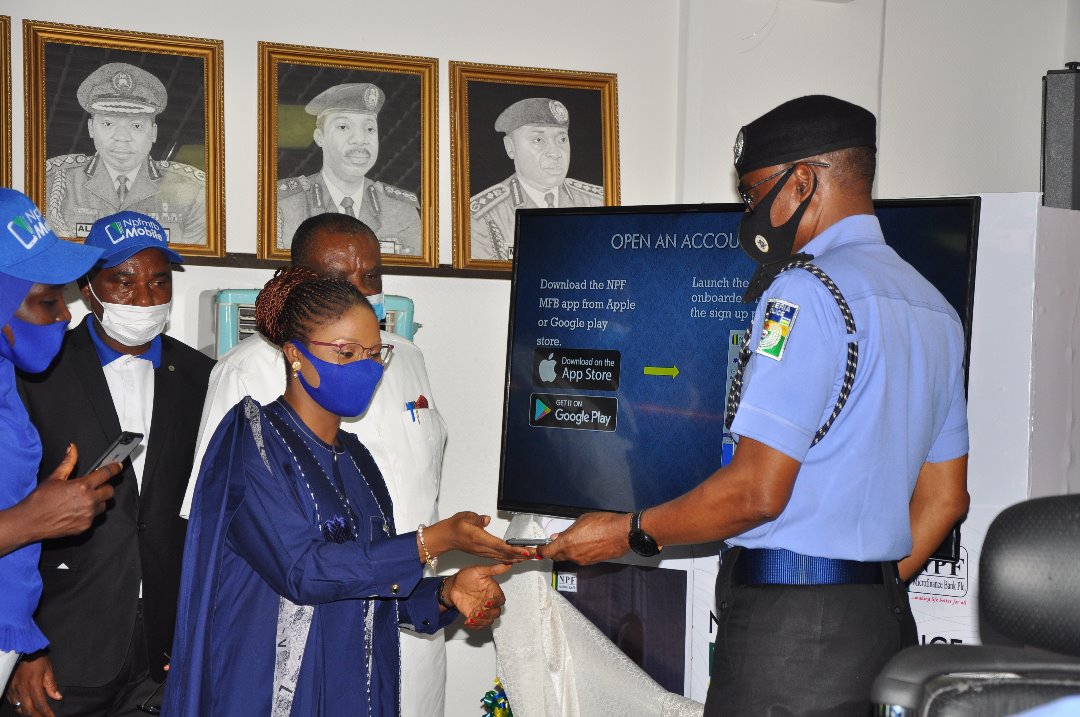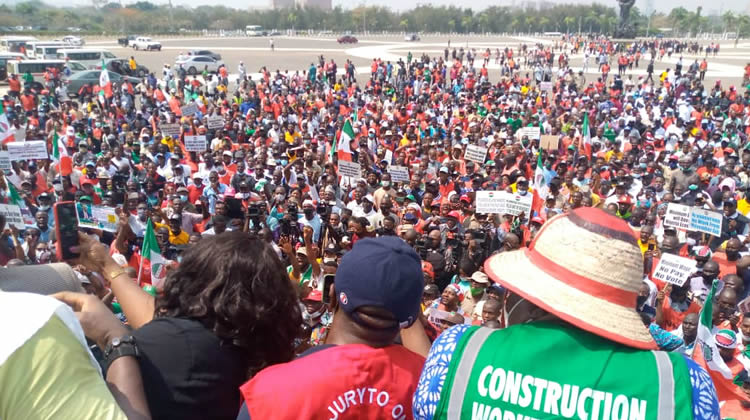By Ibe Pascal Chinedu Arogorn The gleaming, scorching demand for restructuring as a result of gross imbalance in revenue allocation sharing formula may be greeted by a tinderbox early conflict of restructuring even though we Nigerians never stepped into it . It has become a bad damage control, I learnt that in a bid for quick independence from the colonial masters in 1959, Nigeria nationalists and leaders went into a concession of deceit with northern conservatives for a 53% allocation formula This is the same region that opposed restructuring/regionalism, self govt which brought about Kano riot in 1956. It has continued to Hunt till today. Several decades after Lord Lugard amalgamated the Northern and Southern protectorates in 1914, and 58 years into the nation’s political independence, there is still agitation by certain individuals and some groups of people in their desire to determine the nature of the political system in Nigeria, Africa’s most populous nation. After many years of military dictatorship, many expected that the advent of the Presidential System of Government, which was ushered in by the 1999 Constitution (now with amendments), would actually address some of the concerns about national unity and the economic prosperity of the nation. But, almost two decades into the adventure, it would seem that Nigeria is still far from achieving this. In proffering solutions to this issue, many recommendations have been advanced, many of which support the concept of “restructuring,” which has become one of the most popular terms in the Nigerian political milieu today. Although, the word “restructuring” had been within the political lexicon for the last three decades or so, there has never been any time that its demand in the Nigerian polity has been this audibly pronounced. Whether invoked as political campaign strategy or used as a ploy to oppose the government in power, restructuring has sparked debates from different angles. Nevertheless, it would appear that there is no consensus yet on what restructuring means. The Minister of Information, Lai Mohammed had revealed: it is not the government that is not clear about what restructuring means, rather it is the people who are asking for restructuring who are not clear about what restructuring means. Nigeria’s information minister, Lai Mohammed’s statement alluded to non-uniformity in the definition of restructuring as provided by many of its proponents, it also suggests in clear terms that the current move toward the restructuring of Nigeria is not being championed by the government, but by certain individuals and organizations who wish that the government would buy into this movement. Meanwhile, Matthew Ogih, who lampooned the state of having conflicting definitions, averred that having a proper understanding of the intended restructuring is critical to its implementation. It has been argued that the present political landscape has concentrated powers at the center, making the states and local government very weak. As a result of this quagmire, many have advocated that the political structure be devolved from the center to the federating unit as against the current system, which tends towards unitary system of government. Resource control has been another burning issue. The proponent of this idea would readily cite the success story of the South West, which judiciously utilized its resources from the export of cocoa to develop its region. Regrettably, with the over dependence on oil, these hitherto buoyant States are now more or less begging States. There is agitation over the need to create additional States. The logic here is that States with large landmass may be unable to cover the needs of their residents.Oyo State for example is too big to be handled by an administrator. However, it is the view of the researchers that much more is required than State creation if Nigerians are going to truly enjoy the dividends of democracy. With the spate of killings in Nigeria and the inability of the security outfits to combat this crime,16 it has been suggested that the federal structure of the Nigerian police will be unworkable, going forward. The Peace Corp Bill sent to the President for presidential assent was declined. Many have also advanced that States should be made to have their State-level police. The merit in this argument is that it would facilitate intelligence gathering. This could also encourage the State government to provide more support to the police. However, while State police might be helpful, if other issues affecting functionality of the police are not addressed, the situation might remain unchanged. For example, if the police remain unequipped, their capacities to combat crime remain unimproved and if the wanton corruption in the police force is not squarely addressed, it is unlikely that the restructuring of the police would achieve any meaningful result. By the way, the police could become the tool for manipulations, just as State Governors have also hijacked the activities of the State Electoral Commissions across the 36 States of the Federation. The experience of many local government areas in the last three years now justifies the need to restructure the local government system. While many of the States in Nigeria only waited till about one year to the end of their respective administration before conducting elections into the various councils, these ‘appointed’ Chairmen are still tied to the aprons of their Governors who may suspend or remove the Chairmen at any given time. Suffice to state that the rhetoric for restructuring actually dates back to about two decades ago. However, despite the clamour over these years, the government seem not to have paid much attention, except of course, with President Jonathan’s regime which in 2014, held a National Conference (CONFAB) in which nearly 500 selected citizens, representing different parts of the country for over four months deliberated on wide ranging issues bothering on Nigeria’s existence. Incidentally, this enjoyed overwhelming support by members of the CONFAB. Notwithstanding the provision of the constitution that guarantees federal character, many have some elements favoritism in the appointments into key positions in the present administration. More specifically, many have some elements that the














